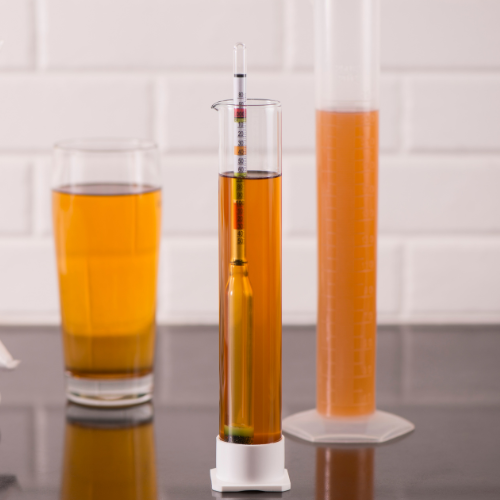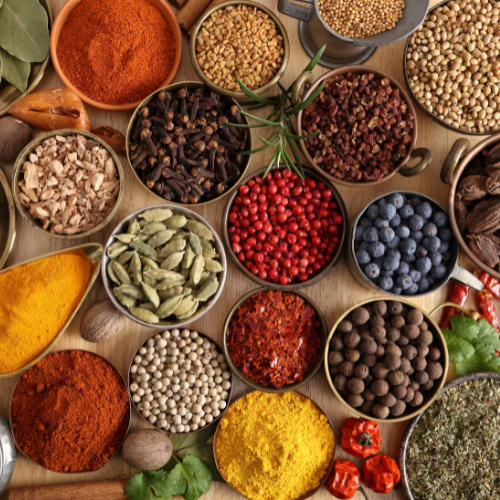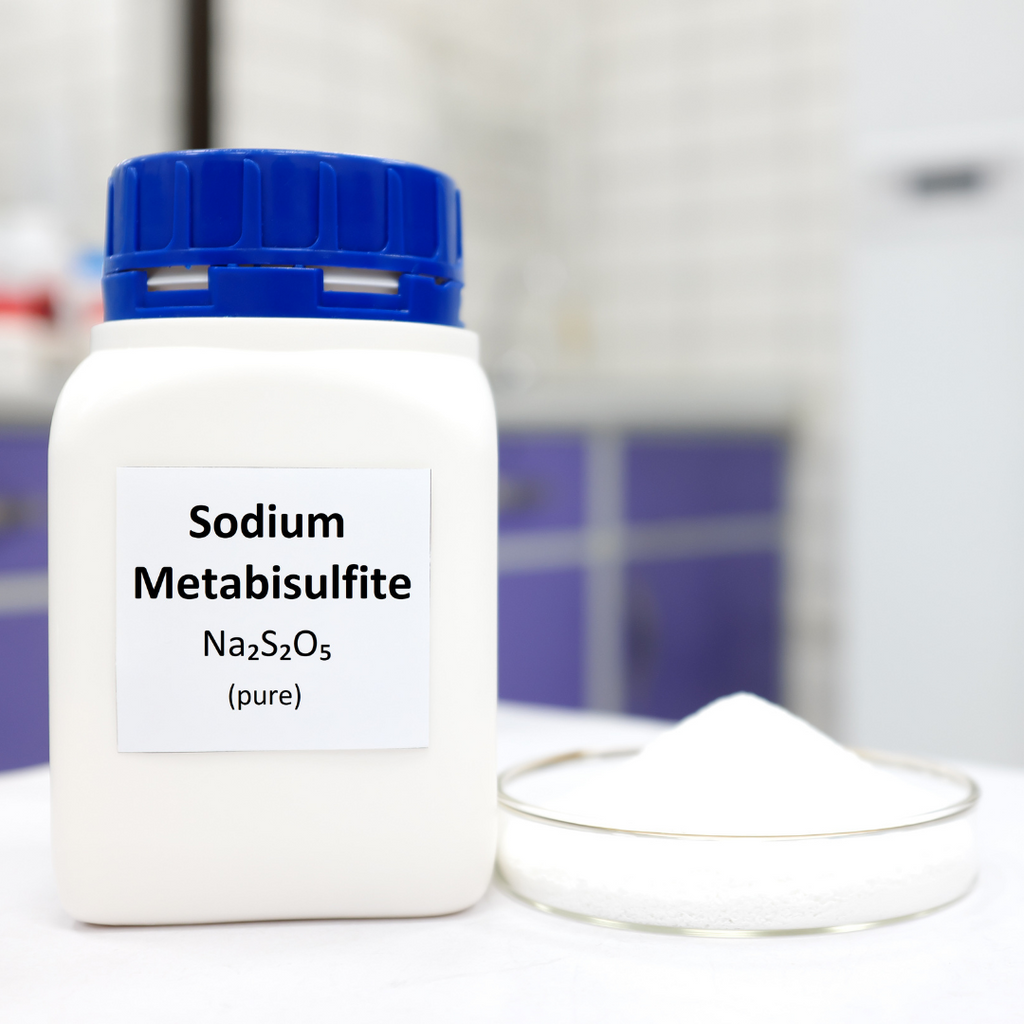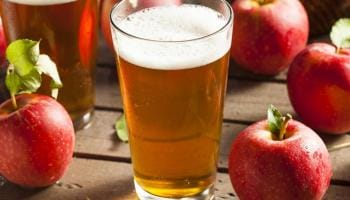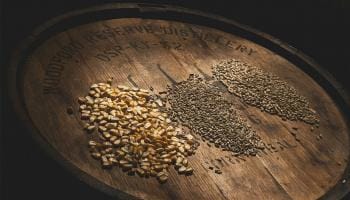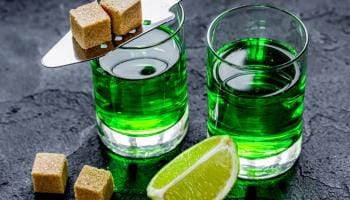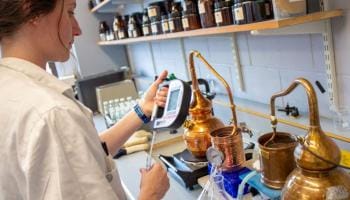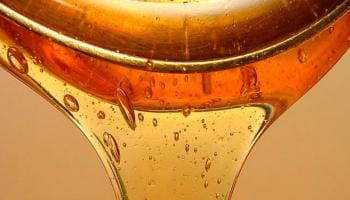Categories
Recent Articles
-
Beginner Home Distiller Series: Understanding Basic Measuring Equipment February 26, 2024
-
From Waste to Taste: Repurposing used Gin Botanicals February 26, 2024
-
Sodium Metabisulphite vs. Campden Tablets April 01, 2022

Articles Relating to Spirit Recipes by Distillique
The section for Home Distillers looking for Inspiration, Ideas and Recipes to try.
PLEASE NOTE: Recipes in this section is for Home Distilling only and not necessarily suitable or legal for Commercial Distilling. Most of these recipes were also not developed by Distillique, but contributed by clients or other third parties. Distillique therefore cannot accept any responsibility for the accuracy or quality of the recipes.
How do I Clone a Commercial Spirit Product?
The short answer is that you can't. There are too many variables involved in making a spirit product, and if you do not control each of these variables exactly, you will not get the same quality product. If we just look at some of the variables involved in whisky production, you would need to know (and have access too):
- The same Raw Material (type of grain and cultivar)
- The same Enzyme Source (type, quality and treatment)
- The same Conversion Protocol (conversion temperatures and time periods)
- The same Yeast Strain
- The same Fermentation Protocol (temperature range, pH, starting and target SG levels)
- The same Still Type(s) (and the methodology in running it, vapor temperatures, %ABV for cuts)
- The same Barrel Types (size, wood, treatment of wood, previous use)
- The same Barrel Aging Area (temperature, humidity, air pressure, time in barrel)
- And even with ALL this information, you still won't get it right, because the fact is that you will never be able to replicate or clone the decisions and choices made by the Distiller and Blenders, and let us not forget that most commercial products are blended from many different barrels or batches in order to achieve a consistent flavor profile, and as a Home or Craft Distiller, you will not have access to that.
The question you need to ask yourself is "Why would you want to Clone another person's product?" If you actually do manage to clone Jack Daniels (as an example) 100%, then the best thing anyone could ever say about your product is "WOW! This tastes just like Jack Daniels!"
What's the point?
Be daring, be original and use the recipes in this section as a guide to get you started, and get you experimenting.
Can I just do anything I want in a Spirit?
As a Home or Hobby Distiller, anything goes. Just one rule - don't poison anyone.
As a Commercial or Craft Distiller, or a Home Distiller doing product development, you are limited by what you are allowed to do in your spirit product by Legislation. In South Africa, this will be the National Liquor Products Act Regulations, where the Spirit Category determines what Raw Materials and Processes you are allowed to use in the manufacturing of the Product, and Table 6, determines what Substances you are allowed to add to the product after distillation.
-
Beginner Home Distiller Series: Understanding Basic Measuring Equipment
onIn the world of home distillation, precision is key. Whether you're measuring the density of your mash or monitoring the progress of fermentation, having the right tools can make all the difference. -
From Waste to Taste: Repurposing used Gin Botanicals
onTraditionally discarded as unusable byproduct, botanical waste holds untapped potential as a flavourful culinary ingredient. Read more to learn how to make Gin spice -
Sodium Metabisulphite vs. Campden Tablets
onIf you are a producer in the food and beverage industry, you are well aware of the importance of working in a clean and sanitary environment to prevent the spoilage of your product. The spoilage of food and beverages is mainly due to contamination through harmful and unwanted micro-organisms. Cleaning and sanitising are terms describing two very different processes. Cleaning is the process... -
How do I make Rum?
onDISCLAIMER: Distillique does not believe in providing and selling recipes, as this goes against the Craft of producing your own products. The recipes we share have been sourced from clients and other sources, and as such, Distillique takes no responsibility and makes no guarantees regarding the quality, accuracy, or safety of these recipes. Recipes are used at own risk, and are for the purpose... -
Basic Apple Cider Recipe - Brew your own Alcoholic Cider
onDISCLAIMER: Distillique does not believe in providing and selling recipes, as this goes against the Craft of producing your own products. The recipes we share have been sourced from clients and other sources, and as such, Distillique takes no responsibility and makes no guarantees regarding the quality, accuracy or safety of these recipes. Recipes are used at own risk, and are for the purpose... -
Bourbon Grain Bills - What Grain(s) should I use?
onSo, you want to make your own Bourbon? What do you need, and what do you need to know in order to make Bourbon (or Whisky)? Can I trust information on the Internet or Social Media? Yes, I recognize the irony in posting on the Internet about not trusting information on the Internet, but let us move past that. The fact of... -
Chasing the Green Fairy - Absinthe Facts and Fiction
onAbsinthe (The green fairy spirits) has shown a remarkable revival the last 20 years after having been banned in most of Europe for almost a hundred years. Although there were no legal definitions for Absinthe (except for Switzerland), until its inclusion into EU Liquor Legislation, there are very good guidelines on what makes a good, and what makes an inferior absinthe. Also, not a... -
How to make your own Yeast Nutrients
onAs explained in our Article about successful fermentations, Nutrients play a very important in Yeast propagation and fermentation. Among these nutrients there are two main categories, namely Macro and Micro Nutrients. What are Yeast Macro Nutrients? The first, Macro nutrients, are those that are required in large concentrations, and they include magnesium sulphate, di-ammonium phosphate (DAP), thiamine, hydro-chloride, calcium pantothenate, folic acid, niacin, ammonium... -
Making Invert Sugar at Home
onDistillers use Invert Sugar to make proper liqueurs, Old Tom Gins, for Obscuration and for Mouth Feel Enhancement. Simple Invert Sugar Recipe To make 1 kilogram of Invert Sugar, you need: Extra Fine Granulated Sugar (think Castor Sugar) 1 kg Water 480 ml Citric Acid 1 g Invert Sugar Methodology If you have an induction cook top or an electric stove use these options...

